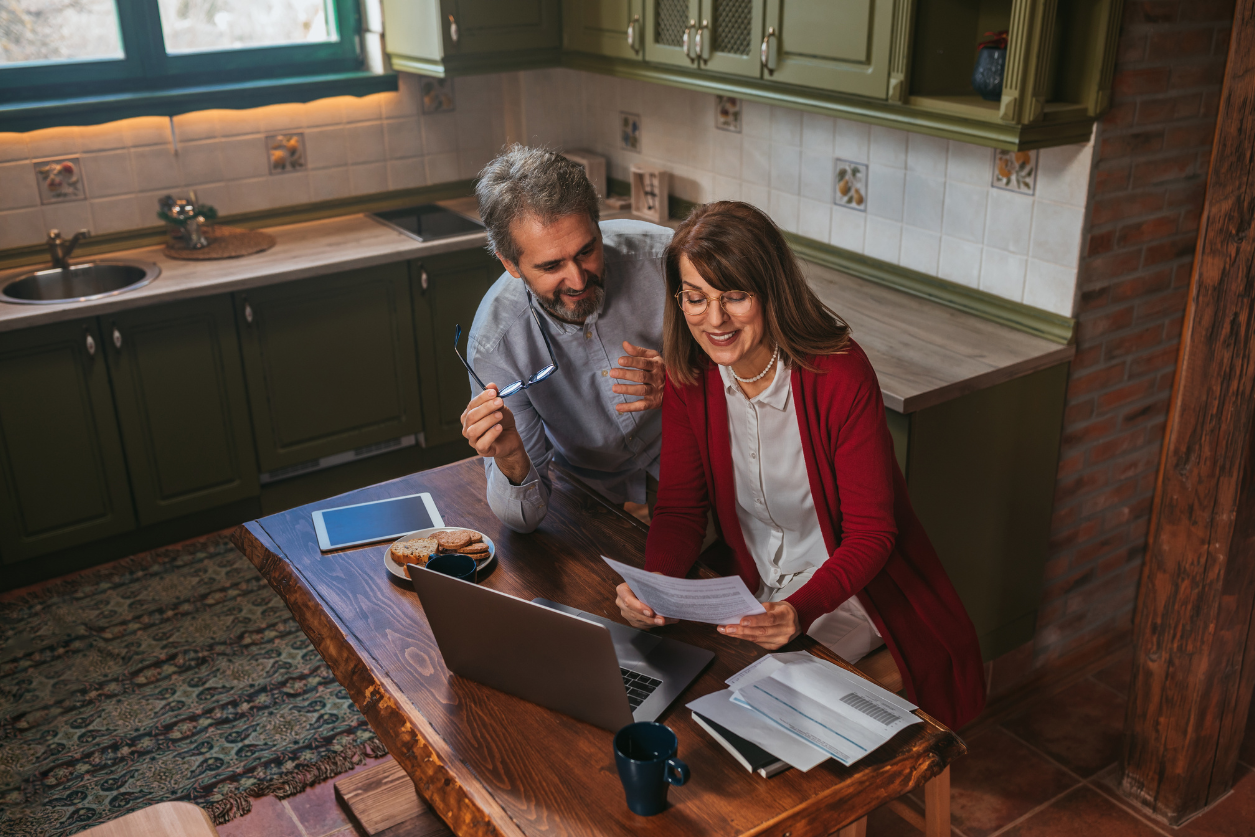Hurricane season is a big deal, especially for those residing in the southern part of the country. A disaster preparedness plan will keep you organized during a storm and potentially save your life should an emergency occur.
This article will cover five simple tips on disaster preparedness for a hurricane. From securing your property to setting aside financial resources, we’ll provide valuable insight for weathering the storm. Ready to get started? Continue reading for more details below.
General property maintenance
Before a hurricane is predicted to hit your area, ensure that your property is maintained for storm resistance. This includes installing hurricane shutters, trimming trees with weak branches, and repairing your roof and gutters. You’ll want to assess how your property drains water during heavy rain so you’ll know if you’ll need sandbags once a storm is announced.
Additionally, it’s a good idea to keep your yard free from excess debris, not only for curb appeal but also to keep obstacles away from your escape path.
Securing your property with an active hurricane approaching
Start by securing any outdoor furniture or objects that could become hazardous during strong winds. By taking these precautions, you can minimize damage to your home and ensure the safety of yourself and others during the storm.
If you have hurricane shutters, it’s time to close them. Also, inspect your generator and appliances. Your home assessment will vary depending on your choice to evacuate or not. Consider all possible outcomes, such as power outages, floods, or damaging winds.
Know your evacuation route
Relating to the paragraph above, you should know at least two evacuation routes to leave your home. Sometimes, we don’t plan to vacate, but a crisis forces us away. It’s essential to familiarize yourself with all possible routes and highways ahead of time.
Gather non-perishable food and supplies
The Federal Emergency Management Agency (FEMA) recommends keeping at least a three-day supply of non-perishable food in your home. You should also store one gallon of water per person per day, with a minimum supply of three days.
Regarding supplies for your disaster preparedness, consider batteries, flashlights, first aid kits, and household tools. The website www.ready.gov/kit has a great list of practical items.
Set aside financial resources and paperwork
An emergency fund can provide security and stability during a natural disaster. With an emergency fund in place, you can confidently purchase essential items without exceeding your budget, knowing that the necessary funds are already accessible in your account.
On the same token, it’s best to examine your insurance policies before an emergency event. Check out this related article about documenting and protecting your assets during hurricane season here.
Disaster preparedness at your fingertips
Most government and county offices have helpful mobile alert apps that warn about bad weather, such as hurricanes, tornadoes, and severe storms. These apps can provide vital information about evacuation routes, emergency shelters, and weather updates. Keep disaster preparedness at your fingertips by downloading these apps today to stay informed and safe during extreme weather events.
Need more financial content? Continue following the Achieva Life Blog for additional money-saving and lifestyle articles.








